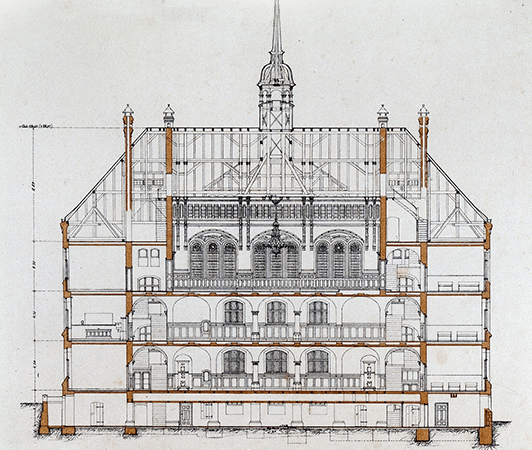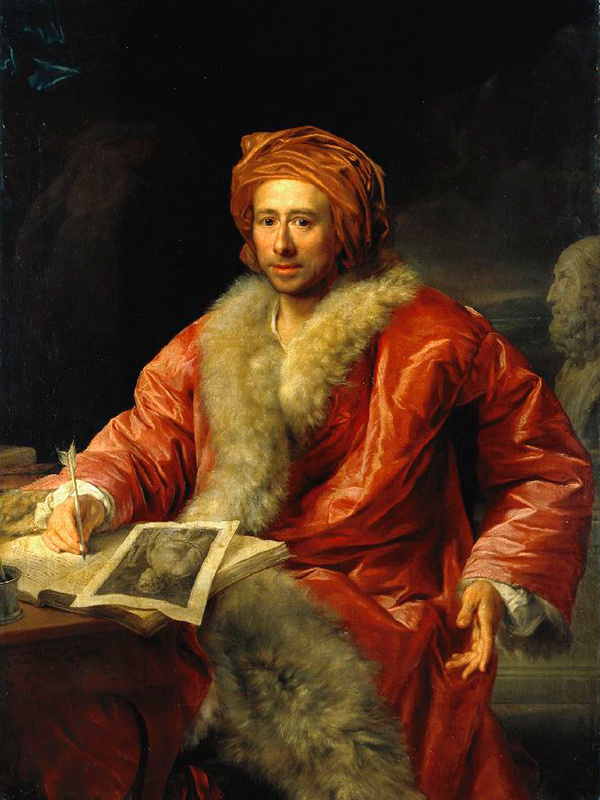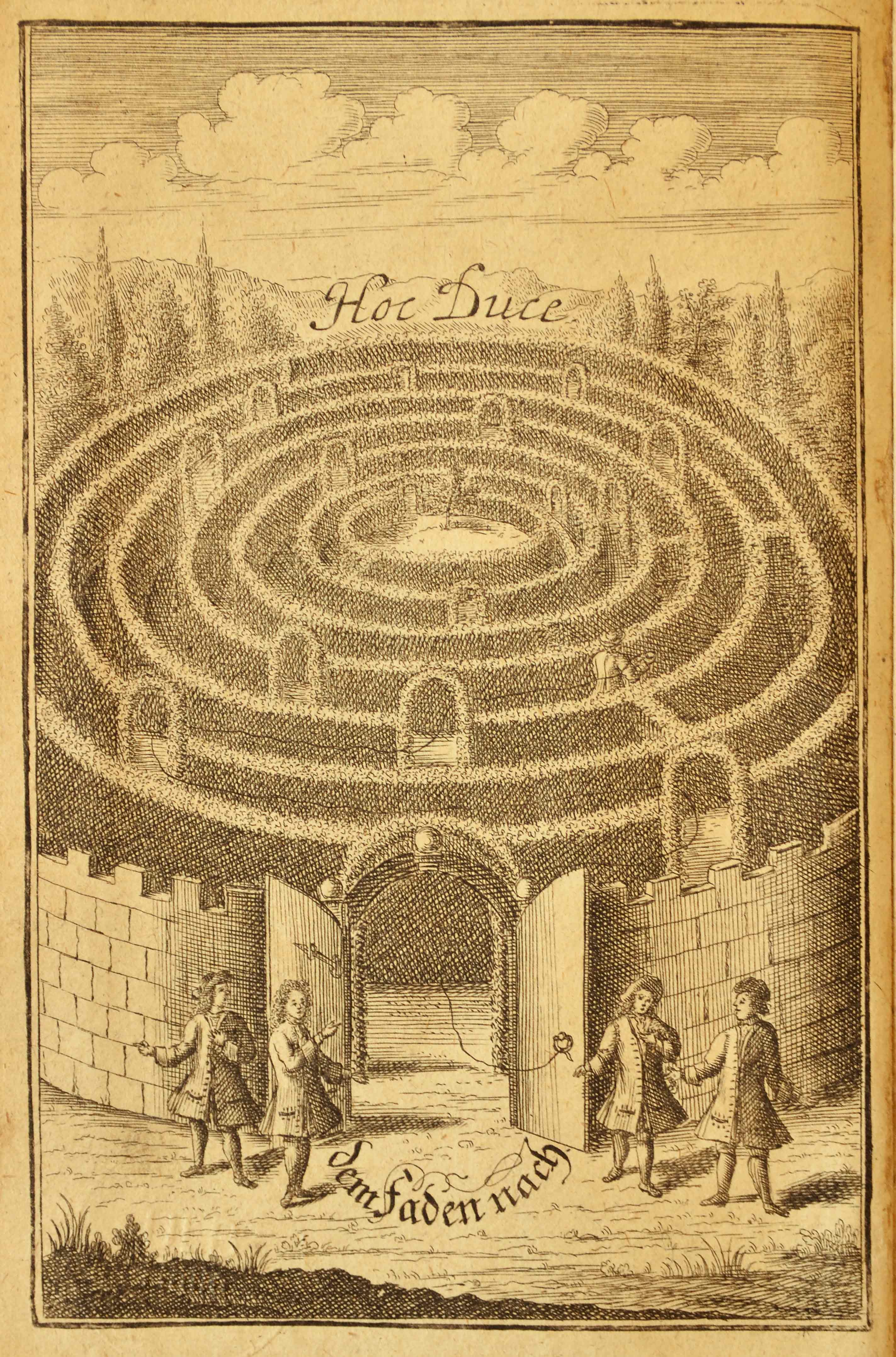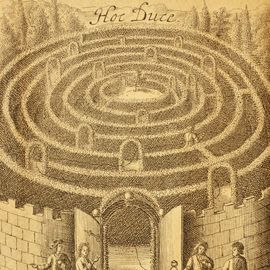4. Forms of Representation and Epistemic Models
The specifically culturally open situation of the Enlightenment can be seen in particular in the profound modification of the prevailing orders of knowledge. This is discernible in the steadily growing multiplicity of interpretations of the world, as well as in the epistemic models that shaped and structured it. This research theme addresses the artistic, communicative, and discursive dimensions of this epistemological change. Given the prerequisite of a tight functional connection between theory and practice, specific models of interpretation and appropriation of the world will be investigated, as well as their respective manifestations in the media.
The focus will be most of all on interpretive models that are temporal, structural, oriented towards transcendence and rhetorical/pragmatic and on their essential incorporation in the context of symbolic representation. This will allow for a nuanced access to the type of analysis gathered under the banner of the Enlightenment, that is, to the dissolution of boundaries, shifts, and contingencies that occurred under its influence, as well as to the newly established standards and obligations in the field of epistemology. Thus, this research theme sheds new light on the Enlightenment as the basis and driving force for a cognitive reordering which also takes into account the inherent dynamic aspect of any system of knowledge.

Amusement and Risk: Enlightenment as a Game in the French and Italian 18th Century
Robert Fajen
Enlightenment research has so far paid little attention to the concept of game. Although it is not uncommon to characterize the works of certain authors as "playful", the adjective is usually used metaphorically and accordingly imprecisely.




